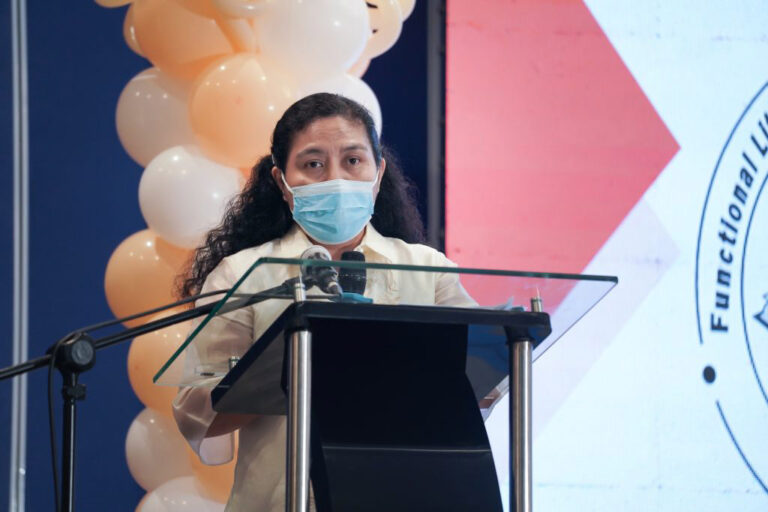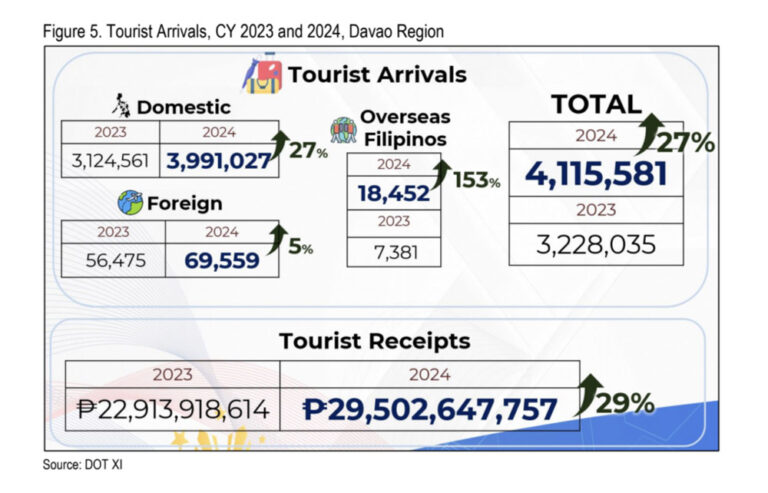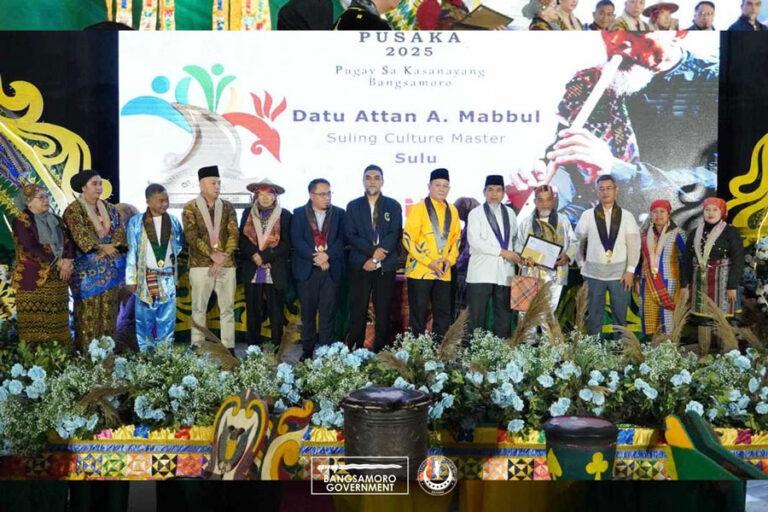‘Special Rapporteurs call for investigation’
DAVAO CITY – UN Special Rapporteurs have urged the United Nations Human Rights Council to establish an independent investigation into human rights violations in the Philippines, citing a sharp deterioration in the situation of human rights across the country, including sustained attacks on people and institutions defending human rights.
“Given the scale and seriousness of the reported human rights violations we call on the Human Rights Council to establish an independent investigation into the human rights violations in the Philippines,” said the independent human rights experts, referring to the body made up of 47 UN Member States elected by the UN General Assembly.
“We have recorded a staggering number of unlawful deaths and police killings in the context of the so-called war on drugs, as well as killings of human rights defenders. Very few independent and effective investigations have taken place, independent media and journalists are threatened, the law has been weaponised to undermine press freedom, and the independence of the judiciary is undermined,” the experts said in a recent statement.
They expressed grave concern over the continued killings carried out across the country. “We are extremely concerned over the high number of killings which are being carried out across the country in an apparent climate of official, institutional impunity,” they said, adding, in the past three years, they have repeatedly brought to the attention of the Philippine government cases alleging a range of gross human rights violations, such as extrajudicial, summary or arbitrary executions, including of children, persons with disabilities, indigenous peoples, trade union and land right activists.
Those cases, the Special Rapporteurs claimed, also included allegations of arbitrary detention, torture or inhuman or degrading treatment, gender-based violence against women human rights defenders, attacks against the independence of judges and lawyers, freedoms of expression and of assembly, as well as people’s right to food and health.
“Sadly these cases are just the tip of the iceberg with many more cases being reported regularly. It is time for the Human Rights Council to take action against these sustained attacks on human rights defenders and independent watchdog institutions,” the experts said, stressing that, in many incidents the alleged perpetrators of killings are members of the armed forces, paramilitary groups or individuals linked to them.
“Instead of sending a strong message that these killings and harassment are unacceptable, there is a rising rhetoric against independent voices in the country and ongoing intimidation and attacks against voices who are critical of the Government, including independent media, human rights defenders, lawyers and journalists,” said the experts.
They said President Rodrigo Duterte has himself publicly intimidated human rights defenders, United Nations Special Rapporteurs and even the Supreme Court judges. He has publicly degraded women through sexist statements and has incited violence against alleged drugs pushers and others and also threatened to bomb the schools of indigenous peoples in Mindanao.
“The Government has shown no indication that they will step up to fulfil their obligation to conduct prompt and full investigations into these cases, and to hold perpetrators accountable in order to do justice for victims and to prevent re-occurrence of violations. There are now thousands of grieving families in the Philippines. We call on the international community to do everything possible to ensure there will be no more,” the Special Rapporteurs said.
The experts also expressed serious concerns about the decision of the Philippines to withdraw from the International Criminal Court. “This is the last of many actions demonstrating that the Government is seeking to evade scrutiny and reject accountability,” they said, noting repeated personalized attacks on independent international actors and undermining their credibility.
Independent human rights experts appointed by the UN Human Rights Council have raised their concerns with the Duterte government on 33 occasions over the last three years.
The Special Rapporteurs are composed of Agnes Callamard, Special Rapporteur on extrajudicial, summary or arbitrary executions; Meskerem Geset Techane, Chair of the Working Group on the issue of discrimination against women in law and in practice; Hilal Elver, Special Rapporteur on the right to food; Michel Forst, Special Rapporteur on the situation of human rights defenders; David Kaye, Special Rapporteur on the promotion and protection of the right to freedom of opinion and expression; Clément Nyaletsossi Voulé, Special Rapporteur on the rights to freedom of peaceful assembly and of association; José Antonio Guevara Bermúdez, Chair-Rapporteur, Working Group on Arbitrary Detention; Dainius Pῡras, Special Rapporteur on the right to health; Victoria Lucia Corpuz, Special Rapporteur on the rights of indigenous people; Dubravka Šimonović, Special Rapporteur on violence against women, its causes and consequences; Diego Sayán, Special Rapporteur on the Independence of Judges and Lawyers.
The Special Rapporteurs and Working Groups are part of what is known as the Special Procedures of the UN Human Rights Council. Special Procedures, the largest body of independent experts in the UN Human Rights system, is the general name of the Council’s independent fact-finding and monitoring mechanisms that address either specific country situations or thematic issues in all parts of the world.
Special Procedures’ experts work on a voluntary basis; they are not UN staff and do not receive a salary for their work.
They are independent from any government or organization and serve in their individual capacity. Duterte said he never ordered police to kill suspects in his anti-drug campaign. “I did not say kill this person because he’s a drug pusher or drug importer. What I said to them: ‘Destroy the apparatus of the drug organization’,” Duterte said.
But he admitted that poor drug suspects are vulnerable to the government’s campaign against illegal drugs. “Remember, shabu is the commodity of the poor. Mao nang daghang pobre namatay kay walay kataguan. Ang mga dato cocaine. Alam ninyo ‘yan. Naay mga yate, dagko’g bay. Unlike Tondo, mo-hit ka og shabu, masimhotan ka man gyud,” he said.
Thousands of drug suspects, mostly small time pushers and users, were killed across the country – either during police operations or murdered by motorcycle gunmen. (With a report from the Mindanao Examiner.)
Like Us on Facebook: https://www.facebook.com/mindanaoexaminer
Follow Us on Twitter: https://twitter.com/MindanaoExamine
Read And Share Our News: https://www.mindanaoexaminer.com
Mirror Site: https://mindanaoexaminernewspaper.blogspot.com
Digital Archives: https://issuu.com/mindanaoexaminernewspaper
Media Rates: https://mindanaoexaminer.com/ad-rates



